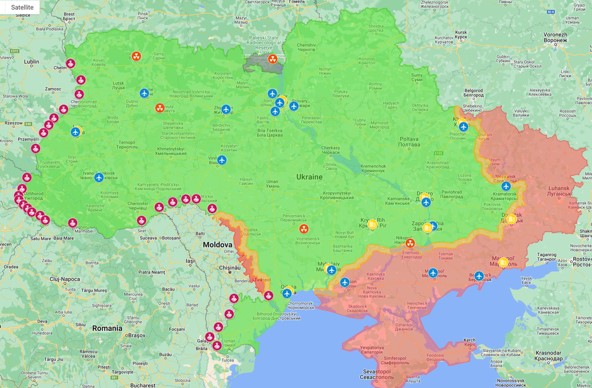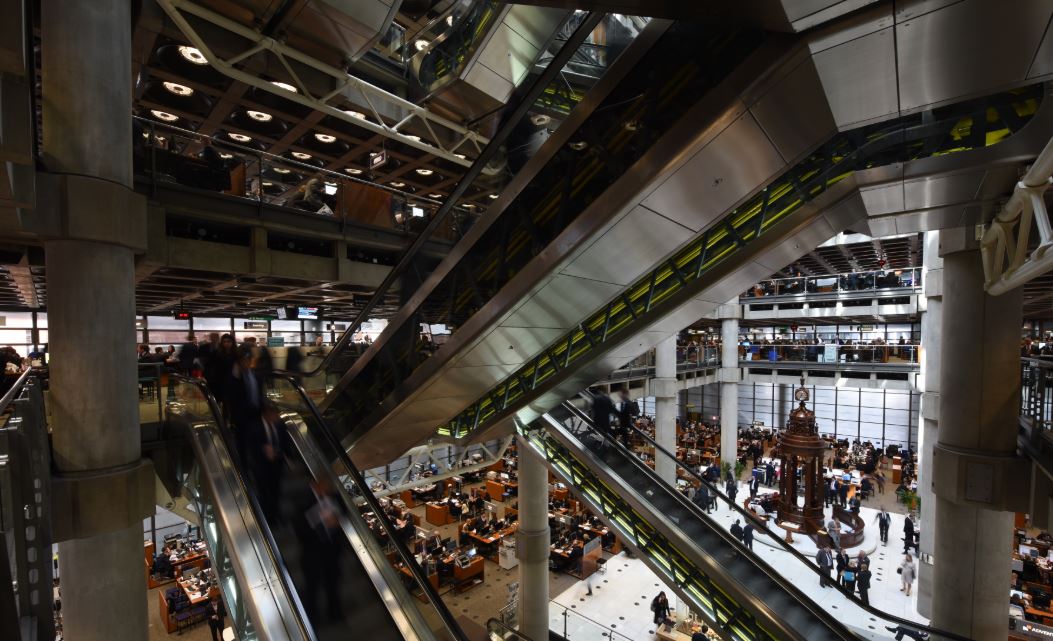Sales in the hospitality sector are back to pre-pandemic levels but a slew of major challenges such as labour shortages, rising costs, and falling consumer confidence, are dashing hopes of a swift recovery.
The 11th Future Shock report – compiled in partnership between industry body UKHospitality and data specialists CGA – shows that like for like sales in the sector are back to 2019 levels, buoyed by takeaway and delivery sales which are up 107% in May 2022 compared to May 2019.
However, one in seven hospitality jobs are now unfilled, which the report says is impeding business to the tune of 16% of revenues. It has meant that nearly half (45%) of businesses have reduced trading hours and a third have had to close for a least a day. This is despite 77% of operators increasing pay to retain and attract staff, resulting in an 11% increase in average pay levels for hospitality staff over the last year.
This rise in labour costs is just one of the cost price pressures affecting businesses in the sector, with 93% of hospitality operators reporting higher energy costs. Year-on-year inflation was running at 10% in the first quarter of the year, with little prospect of a drop in the near future, and four in five (83%) business leaders in the sector reported being concerned about ongoing foodservices price rises.
In the face of concerns over the cost of living crisis, four in five consumers think they will have to reduce their visits to hospitality venues as rising costs continue to bite. UKHospitality CEO, Kate Nicholls, said: “The sector has proved its value to consumers post-pandemic, with sales back to 2019 levels but the labour shortage, inflationary cost pressures and dropping consumer confidence make it extremely difficult for any business to achieve real-terms year-on-year growth at the moment and there is little prospect of a respite on the horizon.
“Operators will continue to work hard and creatively to meet these challenges and with positive action from government, such as root and branch reform of business rates, a system that disproportionally taxes hospitality, the sector will be able to drive investment in local economies, create jobs and play a full part in the UK’s economic recovery.”
Printed Copy:
Would you also like to receive CIR Magazine in print?
Data Use:
We will also send you our free daily email newsletters and other relevant communications, which you can opt out of at any time. Thank you.











YOU MIGHT ALSO LIKE